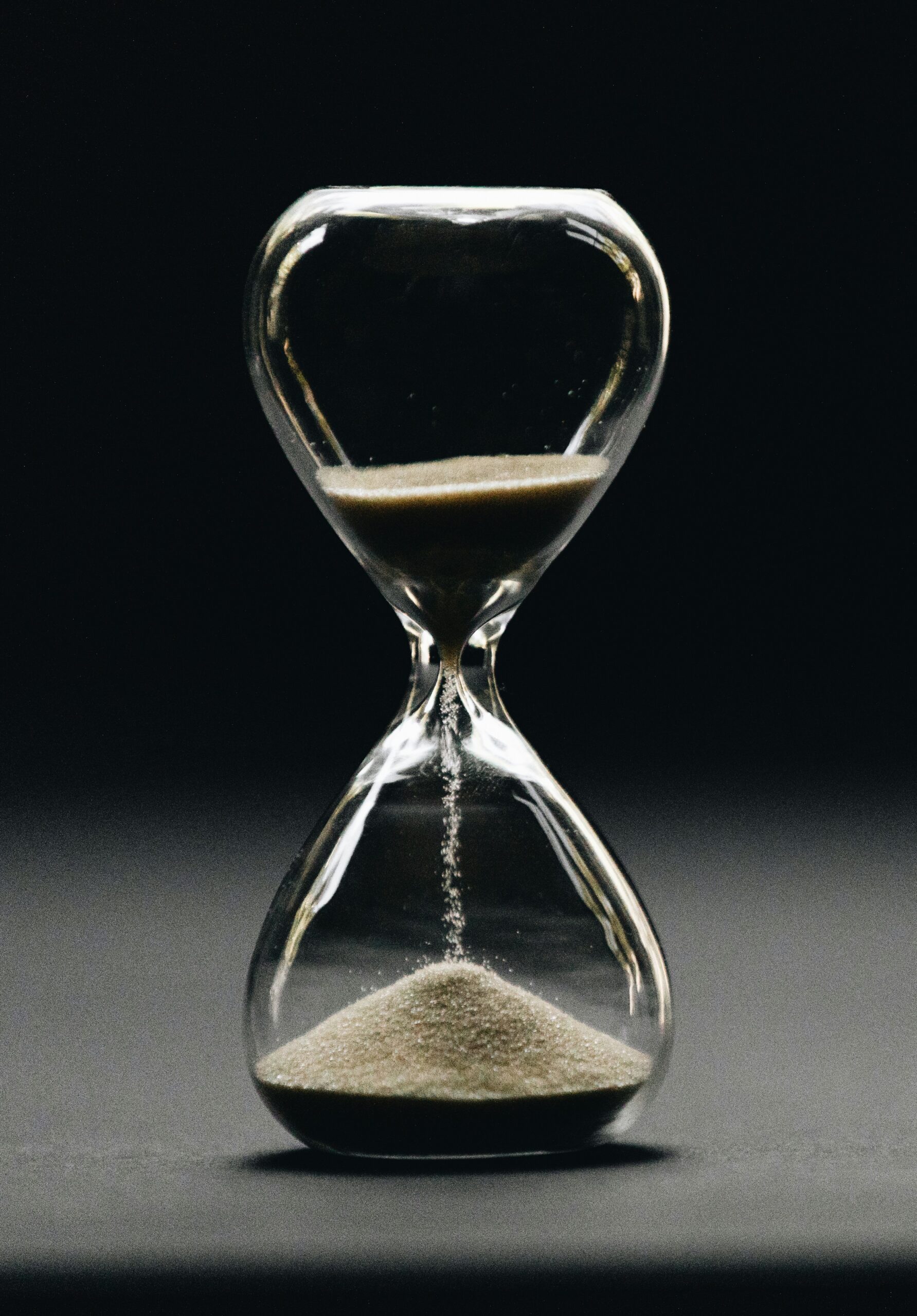By Dr Frank Anthony Tabone – Associate
Once a criminal offence is committed either the Police or the Attorney General, depending on the nature of the offence committed, has a certain amount of time to issue charges against a particular individual.
If a particular individual is charged in court with a criminal offence of which action is barred by prescription, the court either on the request of the defendant or ex officio will throw out the case and the individual will be acquitted from all the charges brought against him.
However, it is important to point out that once an individual is served with the criminal charges issued against him, the period of prescription in respect of those criminal offences becomes suspended until such time as the definite judgement is delivered.
Article 691 of Chapter 9 of the Laws of Malta (the Criminal Code) provides that the prescription period shall run from the day on when the offence was completed and with regards to attempted offences from the day on which the last act of execution was committed. In the case of continuous offences, the prescription period shall run from the day of the last violation and in regard to continuing offences from the day on which the continuance ceased.
Article 692 of the Maltese Criminal Code further provides that when it comes to criminal offences, the prescription shall not start running if the offender is not known.
Article 688 of Chapter 9 of the Laws of Malta (Criminal Code), provides that criminal action is barred by prescription:
- By the lapse of 20 years for crimes liable to the punishment of imprisonment for a period not less than 20 years;
- By the lapse of 15 years for crimes liable to imprisonment for a term of less than 20 but not less than 9 years;
- By the lapse of 10 years for crimes liable to imprisonment for a term of less than 9 but not less than 4 years;
- By the lapse of 5 years for crimes liable to imprisonment for a term of less than 4 but not less than 1 years;
- By the lapse of 2 years for crimes liable to imprisonment for a term of less than 1 year OR to a fine (multa) or for those crimes subject to the punishments established for contraventions;
- By the lapse of 3 months in respect of contraventions or of verbal insults liable to the punishment established for contraventions.
There are also exceptions to the prescription period provided for in article 688 of the Criminal Code. In such cases, the specific prescription period will be provided for by the law regulating that particular offence.
For example in the case of article 338(z) of the Criminal Code regulating the offence of when an individual fails to pay the alimony fixed by court, the law specifically states that for such offence criminal action is barred by the lapse of 6 months.

